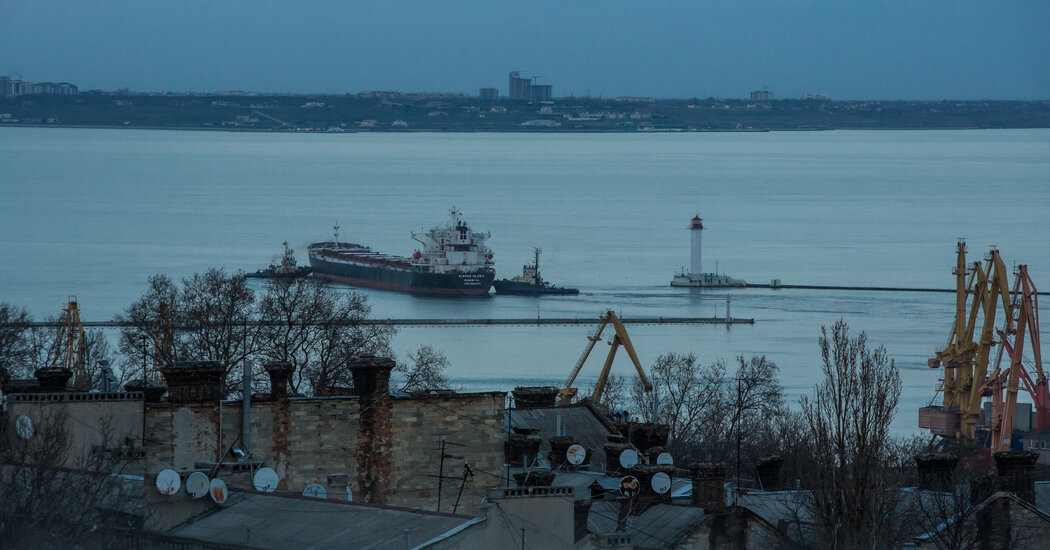

Moscow’s demands are slowing the process and giving it the advantage in talks with a deal-hungry United States, experts said.
Ukraine thought it had a deal in place to suspend the fighting in the Black Sea immediately. Russia said economic sanctions would need to be lifted first. And the United States didn’t address the question of timing at all, merely repeating President Trump’s broad demand that the killing stop.
The conflicting statements released this week after midlevel cease-fire negotiations in Saudi Arabia were the latest sign of a chaotic process in which, analysts and experts said, the Kremlin appears to be playing for time and getting the upper hand.
The Trump administration has set out to secure a series of limited cease-fire deals, arguing that the modest agreements will pave the way for a broader truce and eventually a peace deal to end the conflict. But so far, these incremental deals have largely been a way for Russia to win concessions from Ukraine and good will from a White House eager to be seen as the peacemaker.
On Tuesday, Moscow said it would agree to the Black Sea truce only if sanctions on its state agriculture bank, Rosselkhozbank, and other restrictions were lifted. If Washington agrees to those terms and pressures European allies to do the same, the proposed Black Sea deal would benefit Moscow more than Kyiv, experts said.
The Black Sea negotiations followed another limited agreement brokered by Washington: a 30-day halt in strikes by Russia and Ukraine against energy targets. That deal also benefits Moscow, given the extensive damage Ukrainian strikes have inflicted on oil and gas installations across Russia, and it came with no clear enforcement mechanism. Both sides quickly accused each other of continuing such strikes.
And earlier this month, President Vladimir V. Putin of Russia effectively rejected a proposal for an overall 30-day cease-fire brokered by Washington and Kyiv. Mr. Putin set out conditions, including a freeze on Ukrainian personnel recruitment, military training and arms imports, that would have made Kyiv particularly vulnerable were fighting to resume.